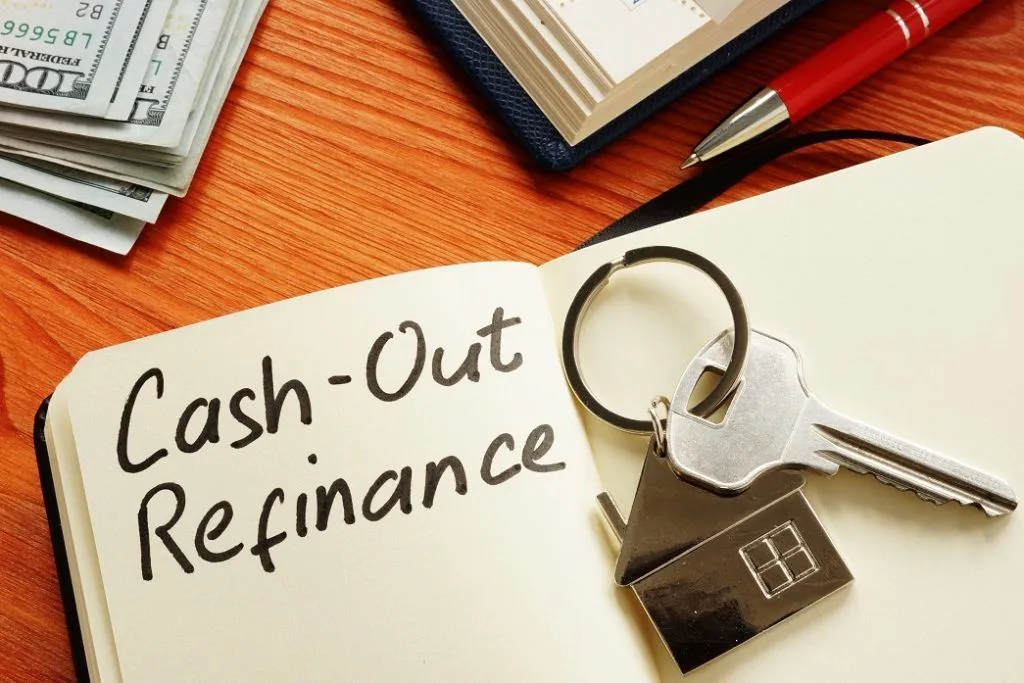Cash Out Refinancing

Cash-out refinancing, or a cash-out refi loan, is a way to refinance your existing mortgage and borrow cash at the same time. This results in a higher balance owed on your new mortgage including the closing costs rolled into the loan plus the amount of cash you receive. This new mortgage essentially pays off an existing loan and replaces it with a new loan for a larger amount.

Not only can this type of loan transaction turn equity into ready cash, but it can also offer better terms than that of the original loan. Depending on the real estate climate and financial health of the borrowers, a new mortgage could come with a lower interest rate or shorter payment terms. In addition, the type of mortgage could change to a fixed-rate mortgage versus an adjustable-rate loan, etc.

Because a cash-out refinance leads to the creation of a new loan, it includes all the origination and closing costs that accompany a typical mortgage. As with any typical home mortgage, the property owners pay interest for the life of the loan. The new “first” loan that is created can come from the borrower’s original mortgage lender or from a new lender.
Rates on commercial real estate loans tend to be higher than those for residential loans. They’re typically about 0.5% to 1% higher than the 30-year prime rate for mortgages.
Also, like residential mortgages, commercial real estate loans come with closing costs. Typically, these range between 3% and 5% of the amount borrowed.
About
The Best Lender to Supply Your Financial Needs for Commercial Real Estate or Business Funding
Menus
Services
Get in Touch
- 3001 S. Hardin Blvd. Ste. 110-1070 McKinney, TX 75070
- 469-815-4550
- Info@PatcoCapitalFunding.com
[Copyright] 2024 Patco Capital Funding, Powered by Digital Agency
